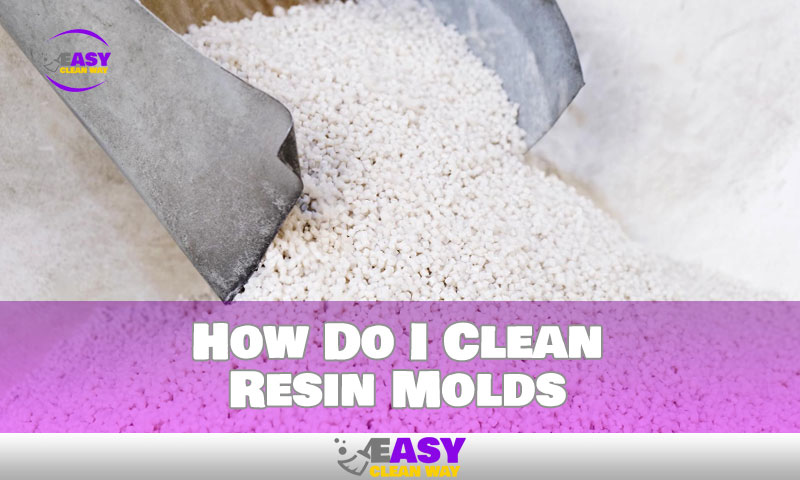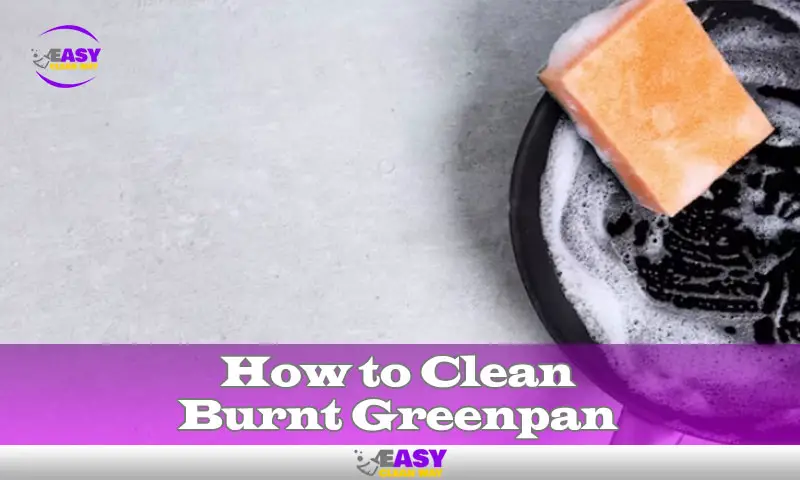If you’re working with resin molds, you know that getting a perfect finish requires some extra attention and care. Cleaning resin molds is an art, but with the right techniques it can be mastered.
No matter what type of mold you’re using, there are certain steps you need to take to get it ready for the next use. This includes removing excess residue from the mold and cleaning it properly so that new casts come out with a smooth finish.
In this post, we’ll share our top tips for cleaning and maintaining your resin molds. We’ll also look at some of the most common issues faced by resin mold makers and how to overcome them. So if you’re looking to perfect your craft, read on!
What Materials Do I Need to Clean Resin Molds?
Cleaning resin molds is an art that requires the right materials to get the job done. You’ll mainly need warm soapy water, which can be used to gently scrub away debris, followed with a soft towel to dry.
To remove stubborn residue from your molds, you may need a few additional materials:
- Acetone or rubbing alcohol: Using either one of these liquids will help breakdown any residue that is left behind from your molded resin item. Do not forget to wear gloves when working with either material.
- Soft sponge: When using a soft sponge, it’s important to make sure it does not contain any sharp edges (such as mesh sponges) that could scratch and damage the mold. Apply some warm soapy water to the sponge and carefully scrub away any residue or buildup on the mold.
By taking all of these items into account, you can ensure a successful cleaning job on all of your resin mold pieces!
What Steps Should I Take to Clean Resin Molds?
For the best possible casts, your resin molds need to be cleaned. The good news is that it’s not too difficult to clean resin molds. We advise carrying out the following actions to keep your resin molds in the best condition possible:
You should begin by immersing your mold in warm, soapy water. Any accumulated residue will be broken down as a result. The molds can be gently scrubbed with a soft sponge to get rid of any lingering residue. Just rinse the mold in warm water and dry it with a soft cloth after removing any leftover material.
It might be required to use acetone or alcohol to break down any tough or caked-on residue in order to make removal easier. But, you should proceed with caution since if harsh chemicals are not applied properly, they can harm silicone or plastic molds.
What Are the Benefits of Using a Natural Homemade Cleaner for Resin Molds?
Are you trying to find a more environmentally friendly approach to clean your resin molds? Natural home remedies are a great alternative to conventional chemical cleaners because they are non-toxic and far gentler. Also, they are significantly less expensive than things purchased from stores.
Your molds can be kept spotless and buildup-free by using natural cleaning solutions like diluted vinegar or warm, soapy water. Rubbing alcohol and a paper towel can be used to remove residue from tougher stains and leave an antiseptic finish at the same time.
These eco-friendly DIY cleaners also benefit your cash because they enable you to avoid spending as much money on pricy store-bought cleaning supplies. Furthermore, these cleaners frequently perform equally well as or even better than their chemical-based counterparts.
What Should I Avoid When Cleaning Resin Molds?
When it comes to getting the most out of your resin molds, proper cleaning materials and techniques can make a huge difference. To ensure you keep your molds in great condition, be sure to avoid these common mistakes when cleaning:
Never Use Steel Wool
Despite its abrasive surface, steel wool is too harsh for use on resin molds. Using steel wool can damage the material of the mold and weaken its structural integrity over time.
Avoid Scrubbing Sponges and Toothbrushes
Instead of using scouring sponges or toothbrushes to get rid of stubborn residue, opt for paper towels instead. These are much gentler on the mold and will still get the job done without inadvertently damaging the mold or bristles.
Acetone or Rubbing Alcohol Should Be Used Sparingly
Using too much acetone or rubbing alcohol to clean resin molds can cause discoloration or damage to the surface of the mold, so use sparingly and always follow up with warm soapy water for a thorough rinse.
How Can I Speed Up the Cleaning Process for Resin Molds?
If you’re looking to speed up the process of cleaning your resin molds, there are a few steps you can take.
Clean Immediately After Use
The most effective way to keep your molds clean is by cleaning them right after use. This will remove any dust or dirt that may have accumulated, making it easier for the solvents to do their job. A few drops of rubbing alcohol or acetone on a paper towel is usually enough to do the trick.
Use Soft Brushes
Soft-bristle brushes can also be used to scrub away any dried resin from the inside of the mold. Be gentle and avoid using abrasive materials that could damage the surface of your mold, as this could affect its performance and reduce its longevity.
By following these tips, you can greatly improve the efficiency and effectiveness of your resin mold cleaning routine.
Is It Safe to Reuse Cleaned Resin Molds?
You might be unsure about the safety of using your resin molds after you’ve cleaned them. The good news is that your resin molds can be reused repeatedly if you follow proper cleaning and storage procedures.
Use only warm, soapy water or a light detergent while cleaning, coupled with a soft brush, such as a cosmetic brush. Make sure to clean everything thoroughly because any lingering debris can degrade the quality of your castings when they are used again. It’s also crucial to remember that you shouldn’t apply acetone or rubbing alcohol straight to the mold itself because doing so could destroy it and render it useless.
Your resin molds can offer years of dependable casting service if maintained carefully after each use and cleaned correctly before reusing.
People Also Like: How to Clean Mohair Upholstery
Conclusion
Cleaning your molds is an essential part of any resin casting project. Cleaning your molds correctly is fundamental to achieving a good result. The process involves softening the cured resin and then carefully removing it from the mold. It is important to use the right tools and precautions for the job. Be sure to take the necessary safety measures and use the appropriate ventilation when using chemicals. Additionally, take care to use the right technique, using a brush or cloth with an appropriate solvent. Likewise, ensure that you exercise caution when curing the resin and taking it out of the mold. Following the cleaning process correctly can help to ensure that your resin casting projects are successful.
Hey there! I’m Alton Smith, your Clean Expert blogger. I’m on a quest to help you conquer chaos and embrace the joys of a tidy life.





